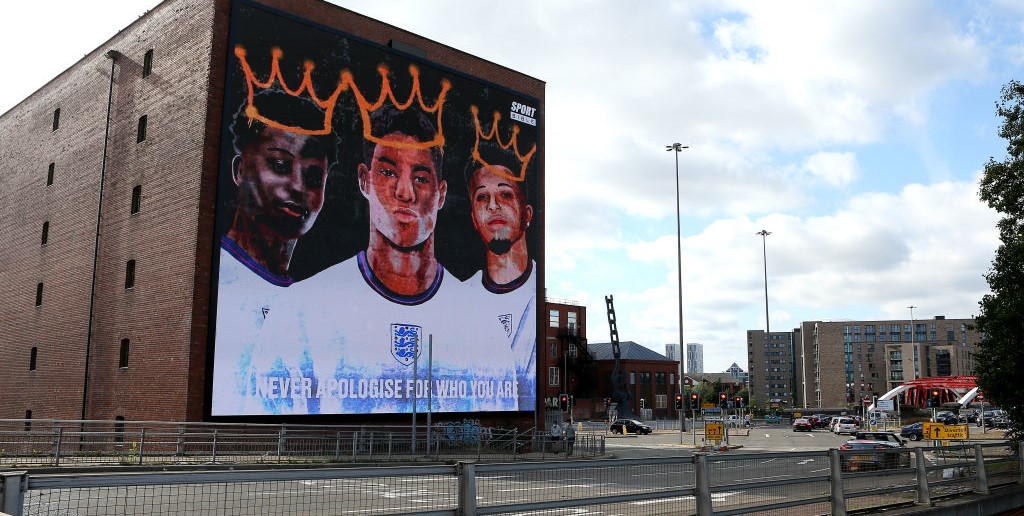Minority report
Two reports out today (Monday July 27) both point to the budget and austerity cuts to public services having a greater impact on black and ethnic minorities and women.
Up to four million people from black and ethnic minority backgrounds could be worse off because budget austerity cuts have a negative and disproportionate impact on them.
Even taken into account national minimum wage increases, people from black and ethnic minority backgrounds will be left with less money, says the report’s author, Dr Omar Khan, director of the Runnymede Trust.
Changes to tax credits, part-time working changes and benefit caps on households with three or more children will all have a greater impact on black and ethnic minority families, according to the Runnymede Trust think-tank’s analysis of the Budget’s impact on black and ethnic minority families.
The Trust’s report, The impact of the budget on BME families, found that more than1.25m BAEM households and more than 4m BAEM people could be worse off as a result of budget measures. Racial inequality is likely to get worse immediately with further deterioration over time.
Worse off
British Bangladeshi and Pakistani households are particularly affected, with up to half of Bangladeshi households out by at least ÂŁ1,000 a year. Black African households will also be worse off, along with Indian and Chinese households are more likely to be affected because they have higher rates of low income households.
The report says that while government may point to initiatives to address BAEM inequality, there is limited evidence they have been effective. The Runnymede Trust called on the government to carry out a full Equality Impact Assessment on the budget, including its effect on BAEM people.
Dr Omar Khan, the report’s author and director of the Runnymede Trusts said, “The budget directly and indirectly impacts negatively on BME people because they are over-represented in the categories that will be hardest hit by George Osborne’s measures.
“Black and minority ethnic households are more likely to be living in poverty already, so this is likely to make racial inequality even worse.”
Unite acting BAEM equalities officer Colenzo Jarrett-Thorpe said he was “not surprised” by the findings in the report.
“This is the most aggressively Conservative budget we’ve had in generations, and it takes specific aim at the most vulnerable and disadvantaged groups,” he said.
Disproportionate suffering
“BAEM groups have already suffered disproportionately under the past few years of austerity under the previous government, and this Tory budget will only serve to continue and exacerbate their suffering.
“The road to economic prosperity is not paved by cracking down on the most vulnerable and disadvantaged – rather, it is achieved by giving greater opportunity to these groups by allowing them to get into work without fear of discrimination,” he added.
“It is a disgrace that the unemployment rate for young BAEMs stands at 50 per cent – this is an utter economic failure.
“Unite will be vociferously campaigning  against this budget to secure economic prosperity for all.”
In a separate report published at the same time, the TUC has warned that the next round of austerity cuts to public services will have a greater impact on women seeking work. The TUC says the headline unemployment count does not tell the full picture.
At 990,000, the unemployment rate for men is higher than for women which stands at 815,000. However, there are 1,379,000 economically inactive women seeking work, compared to 920,000 men seeking work.
The figures mean there are 2m people wanting to work but can’t find any. They do not appear in the unemployment claimant figures which only count those they have recently applied for a job.
And, says the TUC, there are now 300,000 more women seeking work than there are men seeking work.
The TUC warns that further austerity cuts to public services expected later this year will make matters worse. TUC general secretary Frances O’Grady said: “Reducing the claimant count alone is not good enough if there are still over two million people who want a job but don’t have one.
“The government should be especially concerned about the lack of progress for women with caring responsibilities who want to work.
“There are nearly 300,000 more women looking for work than men, and the gap is not closing. Given the number of women who work in public services, there’s a big danger that cuts due to be announced in November will mean major job losses, along with a reduction in family friendly job vacancies and a further rise in the number of women seeking work.”
 Like
Like Follow
Follow


